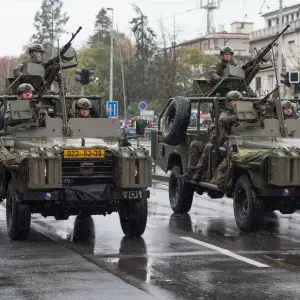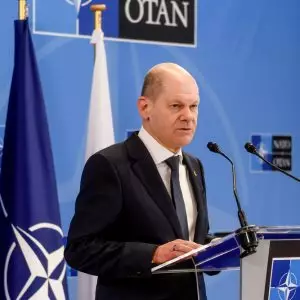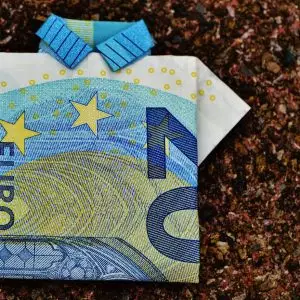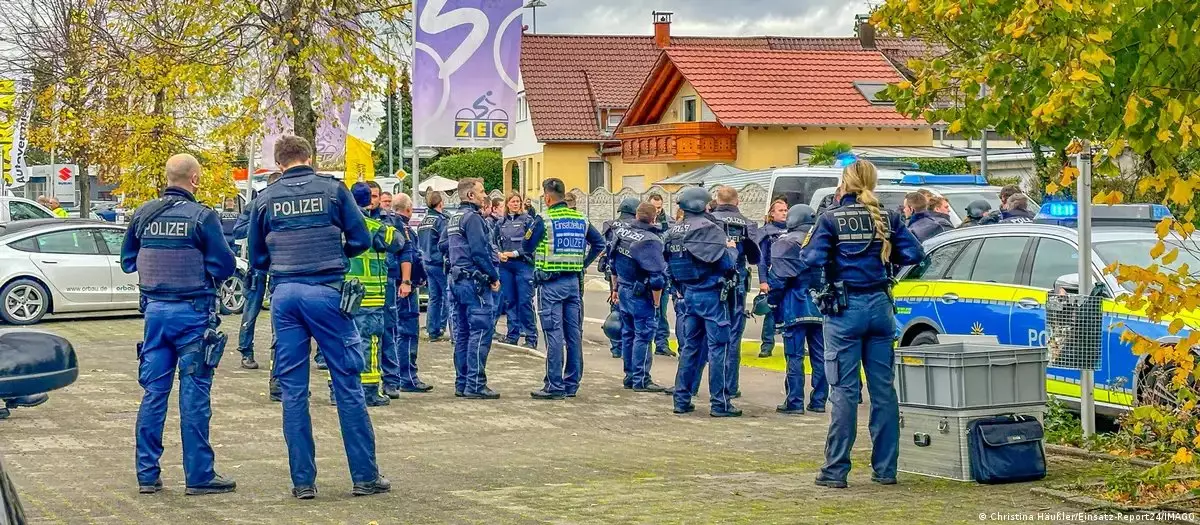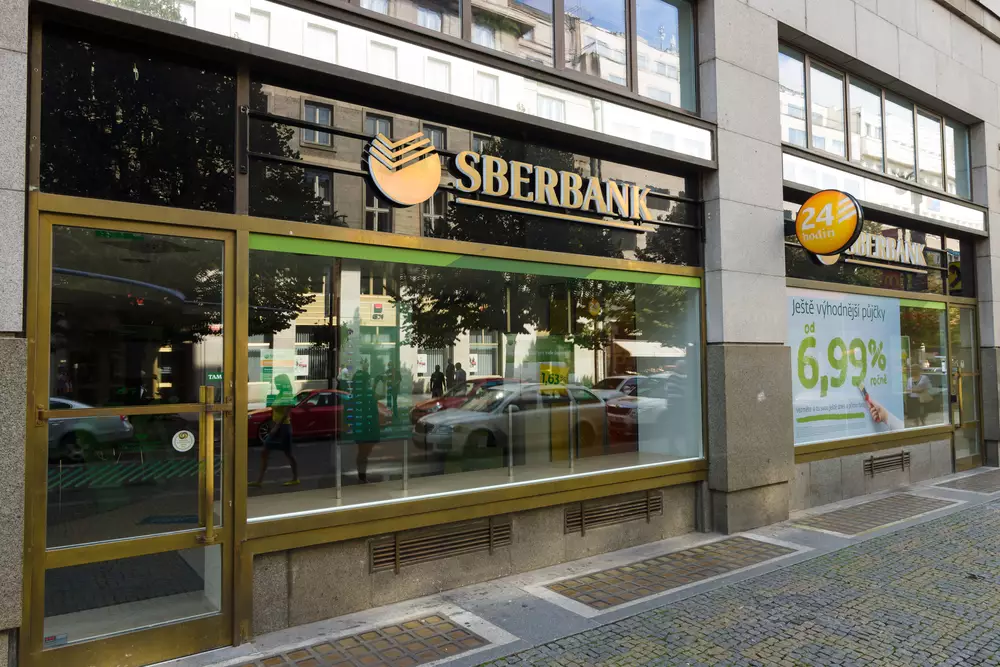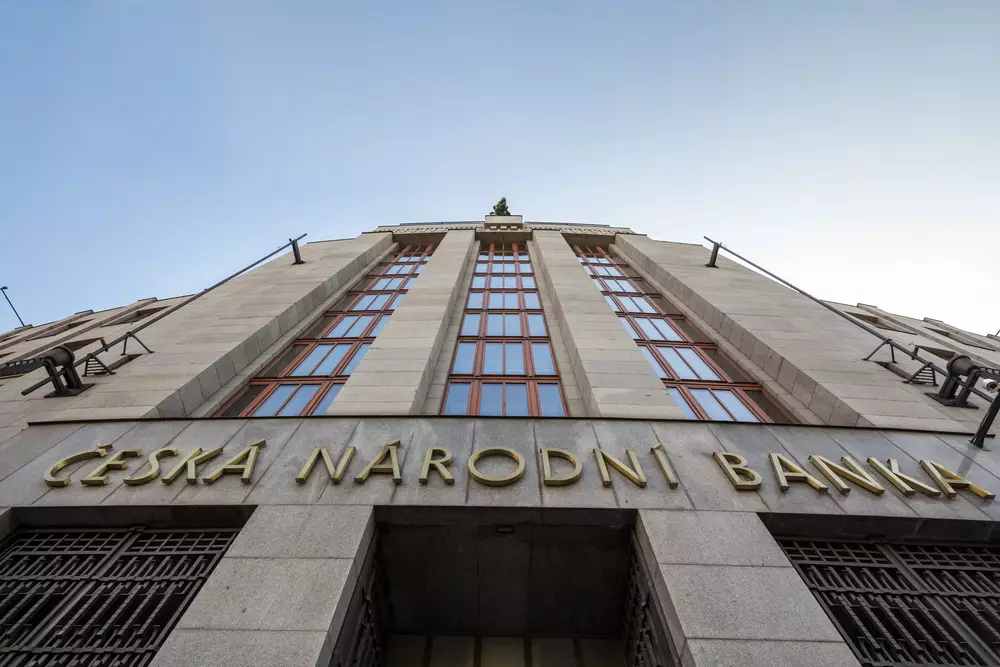Prague, Sept 19 (CTK) – A new Chinese-Czech Centre for Cooperation was founded this year, but the representatives of the Czech state have provided almost no information about it so far, daily Lidove noviny (LN) wrote on Tuesday.
The European Union is considering introducing a stricter regulation of Chinese investments and making them more transparent, but the Czech Republic seems to be taking a different road, the paper writes.
During his visit to China in May, Czech Industry and Trade Minister Jiri Havlicek signed a memorandum that mentions the foundation of a centre for cooperation.
Unlike Czech politicians, China officially announced the foundation of the Centre in mid-July, also citing Czech parliament head Jan Hamacek as talking about it at a meeting of politicians from Central and East Europe that China organised in Bucharest, LN writes.
Hamacek said in Bucharest that the Chinese-Czech Centre for Cooperation is the first body of its kind in Central and East Europe.
According to LN’s sources, the first meeting of the Centre was held at the Ballroom of the Prague Castle on July 17. Apart from agents of companies that cooperate with Chinese partners, the guests included Havlicek, Czech Presidential Office head Vratislav Mynar, President Milos Zeman’s key aide Martin Nejedly and Mixed Czech-Chinese Chamber of Mutual Cooperation head Jaroslav Tvrdik.
No official Czech statement has been issued on this meeting or the Centre in general, and very little is known about its activities and members, the paper writes.
When addressed by LN, Hamacek did not want to comment on the Centre. “As far as I know, the Industry and Trade Ministry deals with this,” he said.
Zeman’s spokesman Jiri Ovcacek also told LN it is the ministry that is in charge of the issue.
However, the ministry only said the Czech authorities gave consent to the Centre to “carry out everyday ordinary activities,” without elaborating.
In an official document, the ministry writes that the Centre would operate within the National Development and Reform Commission of the People’s Republic of China (NDRC) and be a platform for information exchange and monitoring of Czech-Chinese cooperation projects.
Since there was no Czech institution that would be a partner for the NDRC and have similar powers, the Mixed Czech-Chinese Chamber of Mutual Cooperation, the Czech embassy in China and the CzechTrade and CzechInvest agencies have been authorised to cooperate with the NDRC, LN quotes the ministry as saying.
The Chinese-Czech Centre for Cooperation is not a corporate body and two NDCR employees deal with its agenda in China, the ministry said, adding that it did not hand any of its powers to the Centre.
The CzechTrade agency takes part in an economic and trade project together with the Chinese ICBC bank within the One Belt One Road initiative, the agency’s spokeswoman Zuzana Pluharova told the paper.
Through its Beijing office, CzechTrade provides information on the use of various e-commerce platforms to Czech firms and offers assistance in negotiations to those interested, Pluharova said.
In connection with the Chinese-Czech Centre for Cooperation, the CzechInvest agency does its regular work, which means dealing with potential investors, supporting their settlement in the Czech Republic and providing information about the Czech Republic and the Czech investment and business environment, its spokeswoman Petra Menclova said.
The Mixed Czech-Chinese Chamber of Mutual Cooperation helps Czech and Chinese entrepreneurs carry out their business plans in the other country and organise their missions, its head Tvrdik told the paper.
He said the work is similar to that of the Czech Chamber of Commerce or the Czech Confederation of Industry, only it specialises in China.
Martin Hala, expert in Chinese studies, wrote on the Sinopsis.cz website that one would expect the Czech Republic to coordinate its trade policy with the EU rather than China. Hala writes that the Chinese-Czech Centre for Cooperation seems really unique in Europe. Only Serbia, which is not a EU member, established a new government body coordinating its relations with Russia and China, LN quotes Hala as writing.
The paper writes that Brussels is unhappy about the increasing volume of Chinese finances in hi-tech production, energy industry and infrastructure because it fears that China might misuse the European know-how in these spheres and that many Chinese acquisitions are politically motivated.
The regulation of Chinese investments is supported by a number of EU countries headed by Germany, France and Italy. However, many other EU countries, such as Spain, Portugal, Greece and Central and East European states including the Czech Republic, welcome the inflow of Chinese capital, LN writes.


